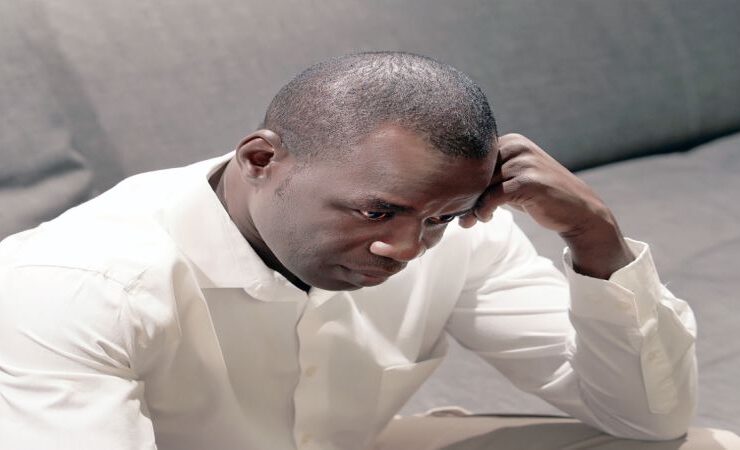How to Stop Smoking: What Happens When You Get Back on Track

Smoking is considered a chronic addiction but it is a treatable one. There are various ways on how to stop smoking and the first step to take is for you to finally say you quit. All the treatments and quit smoking approaches will never work unless you have the deepest conviction that you will end that habit once and for all. Smoking is basically a chronic disease and it would require repeated interventions and in the face of relapse, optimism will help as well as the best support from loved ones and the right recovery programs.
Related article: Best Way to Quit Smoking: Effective Methods that May Work Best for You
How to Stop Smoking and Really Do It
There are different types of smokers that are in different smoking stages. You need to initially assess yourself and which category you belong to. There are smokers who are not yet interested in quitting and those who are ready to take the plunge and never look back. There are important things to seriously consider on how to stop smoking and doing it for good:
Smoking Impact
What is the impact of smoking on your body and life in general and how is it affecting your family as well? This is just one of the major and most important questions you need to answer on your quest towards quitting. You know that smoking is dangerous to your wellbeing and overall health but consider some of the illnesses that you already have. Are they in any way related to your smoking habit? Even with your conviction to continue smoking, make sure that you smoke outdoors and spare those around you of an equally hazardous second-hand smoke.
Withdrawal and Beyond
One of the top reasons why smokers find it difficult to quit is the dreaded withdrawal symptoms. There are ways how to stop smoking but the aftermath may seem too much for some smokers to handle. The good news is that you can follow practical ways to cope with withdrawal symptoms and successfully overcome them.
Here’s what to do:
For Irritability and Tenseness
If you feel irritable and tense, the first thing you can do is take a deep breath and repeat that until you feel relief and a significant difference. You can go for a walk, meditate, or simply soak in a warm, soothing bath.
Depression
Feeling depressed is one of the possible symptoms of withdrawing from your smoking habit. Speak to a friend, family member, or a counselor. Use positive self-talk approaches or you can seek professional help if the depression is not going away and getting intense.
Insomnia
Smokers that quit experience the inability or difficulty to sleep. You can start by trying to do relaxation exercises before your bedtime or avoid caffeinated beverages.
How to stop smoking? There are countless initiatives that the Canadian government and various non-government institutions are offering for those that want to quit this unhealthy habit. All you have to do is find the resolve to finally put an end to your smoking habit and do it with full conviction and self-control.
Contact Inspire Change Addiction Rehab in Vancouver today!

